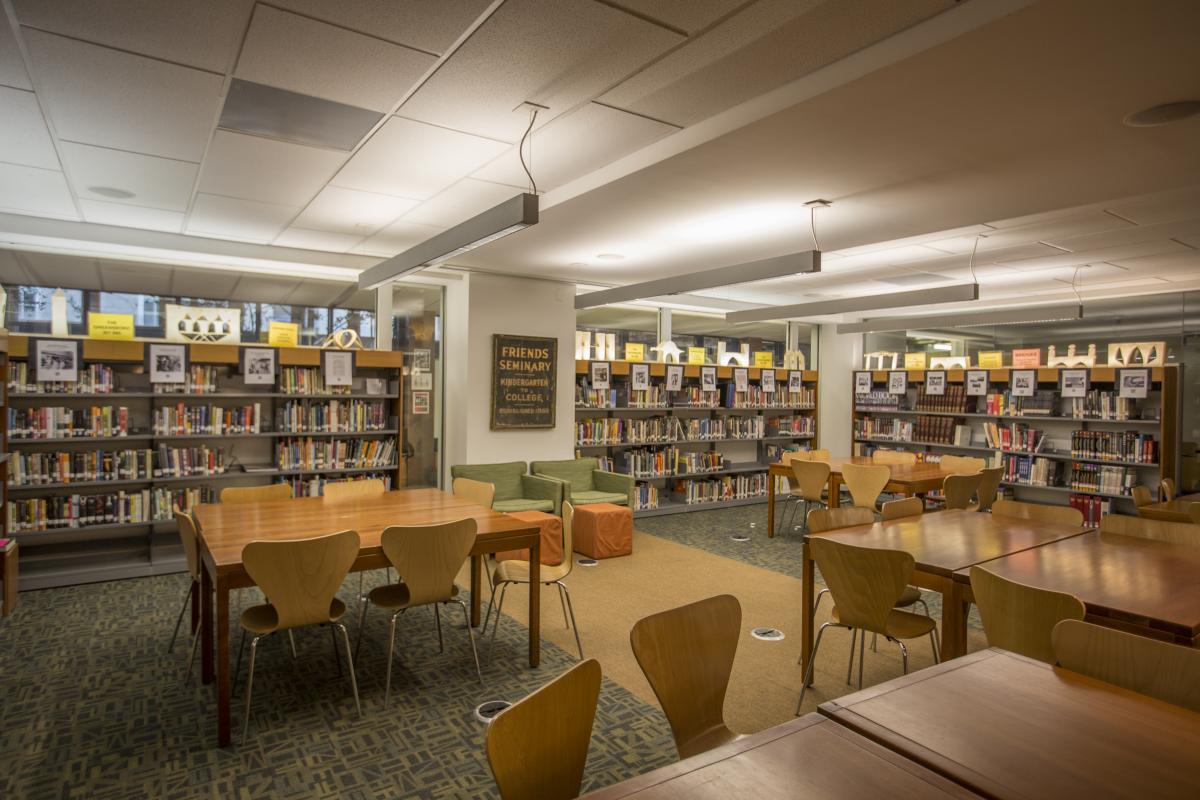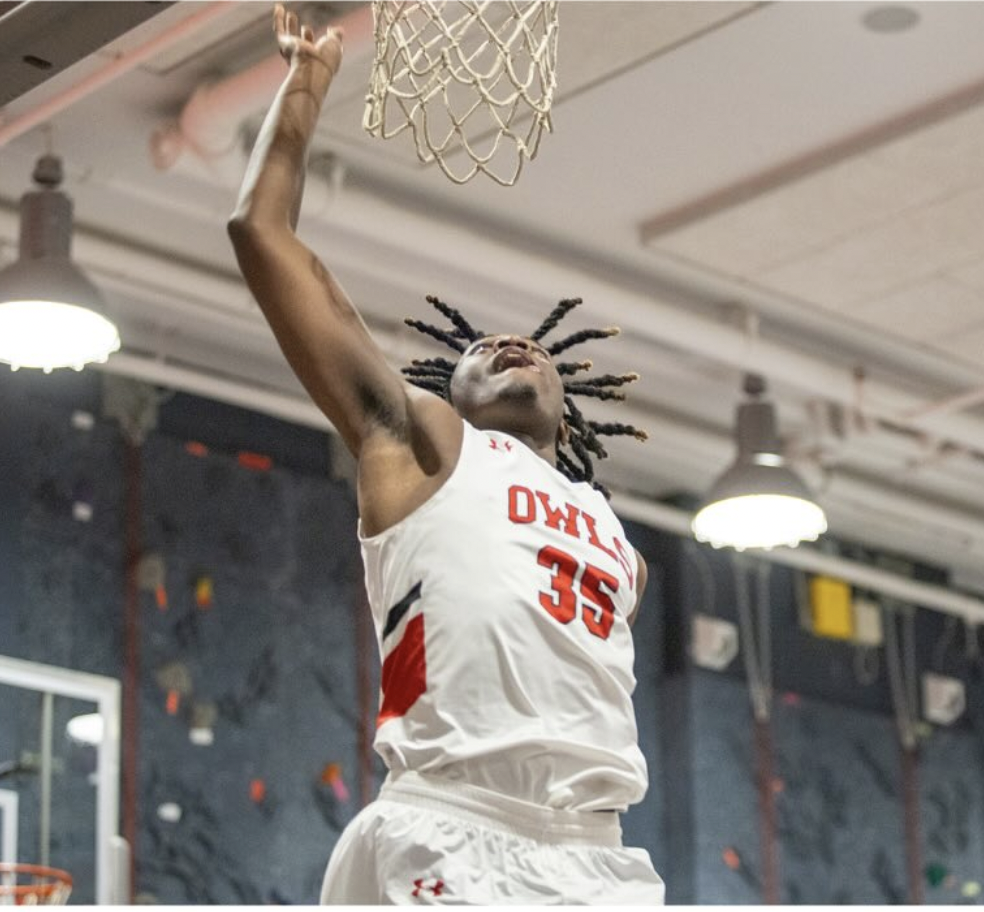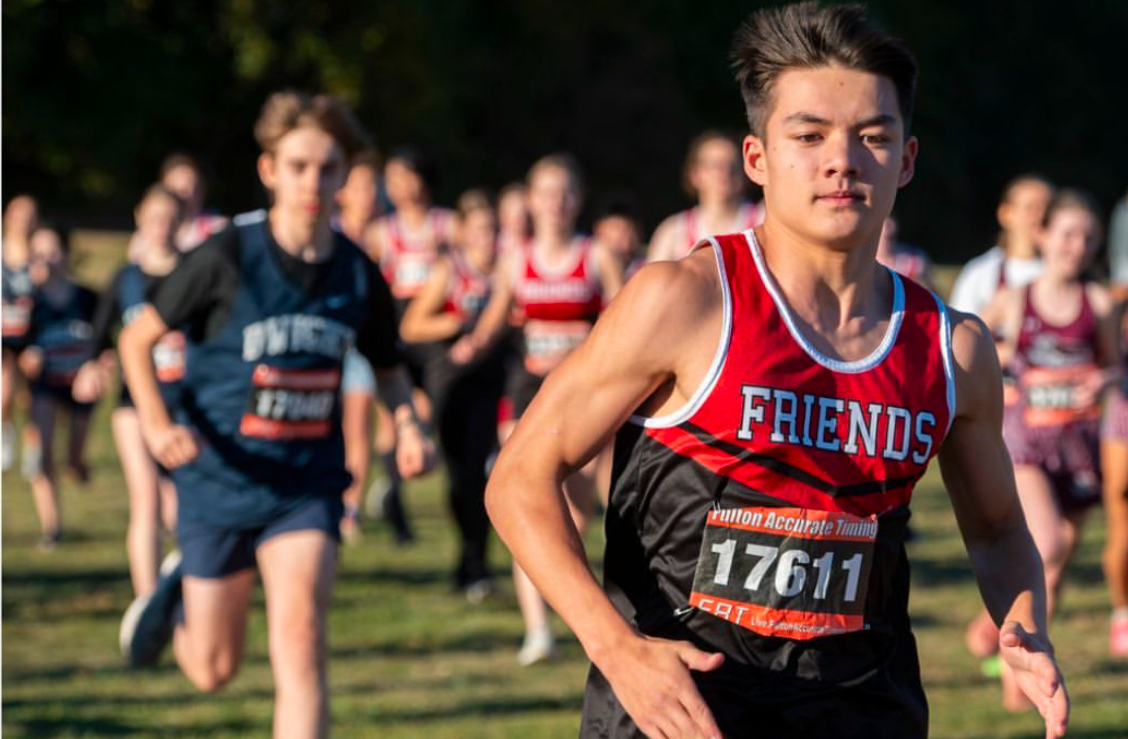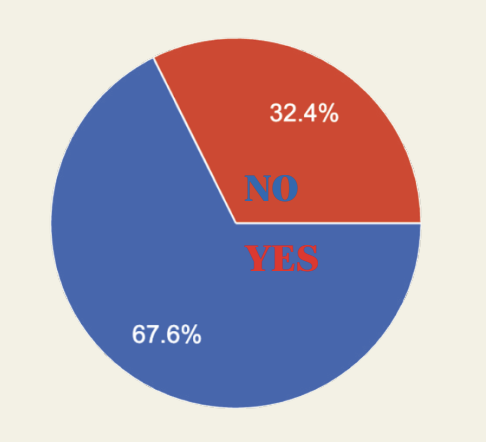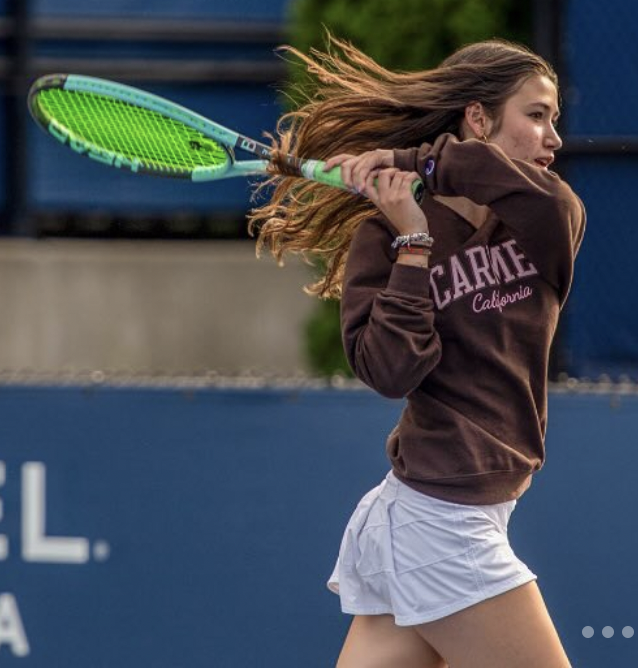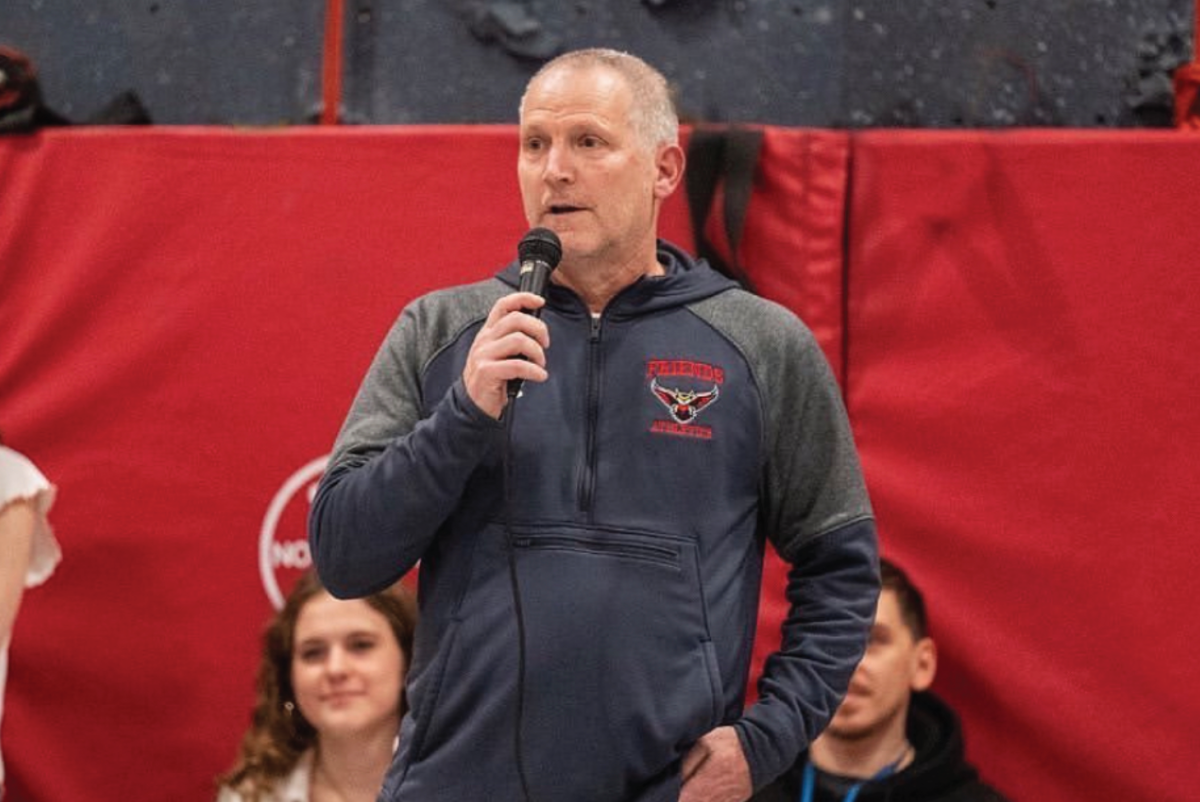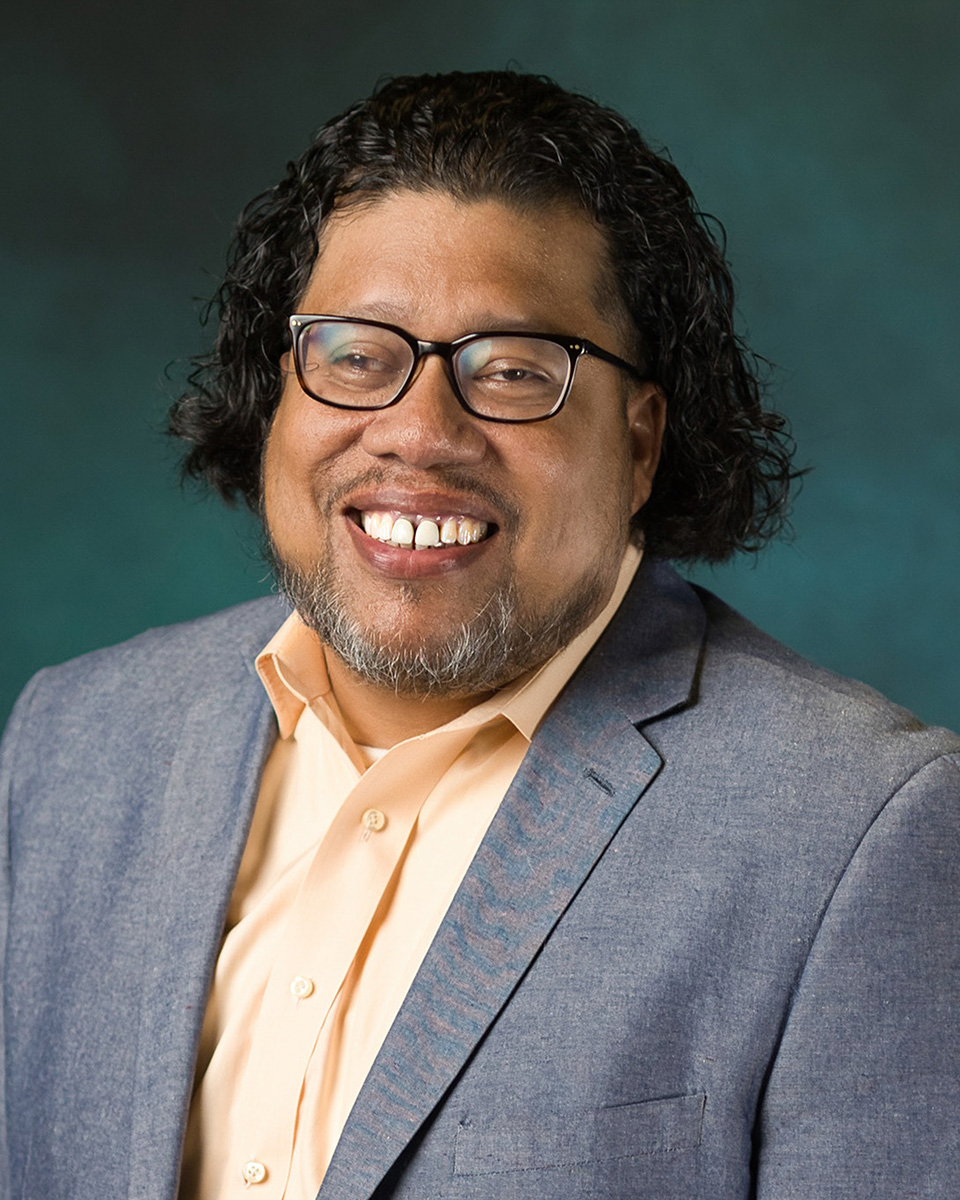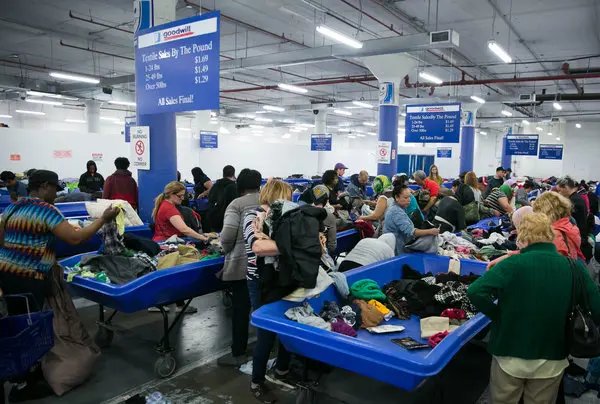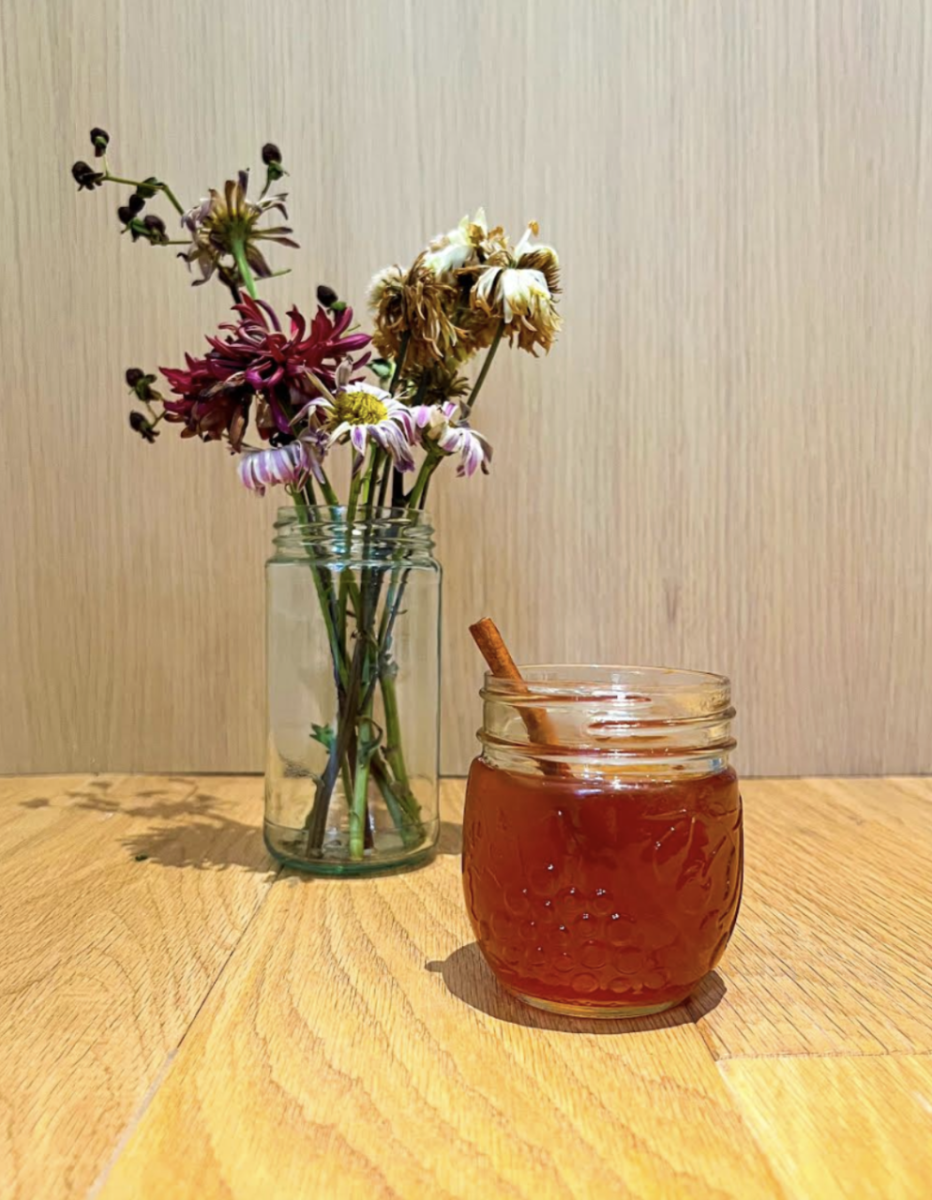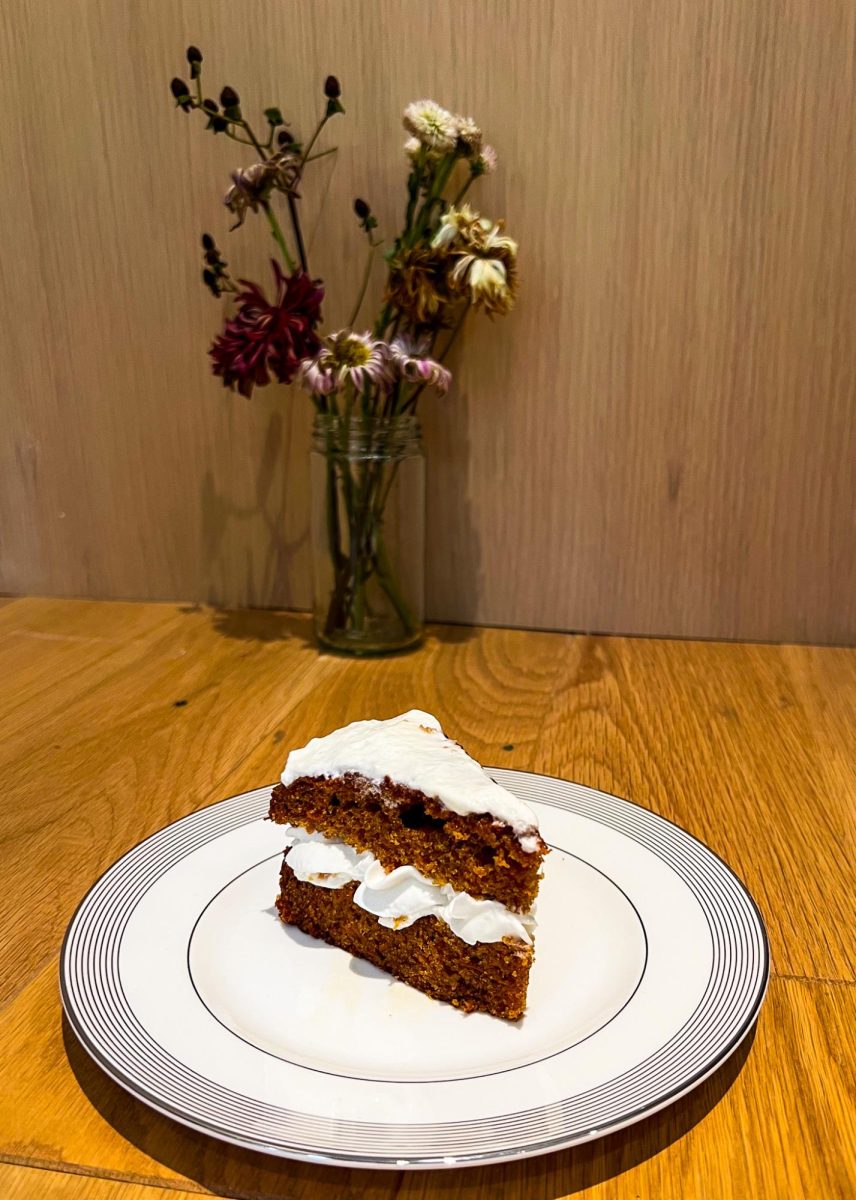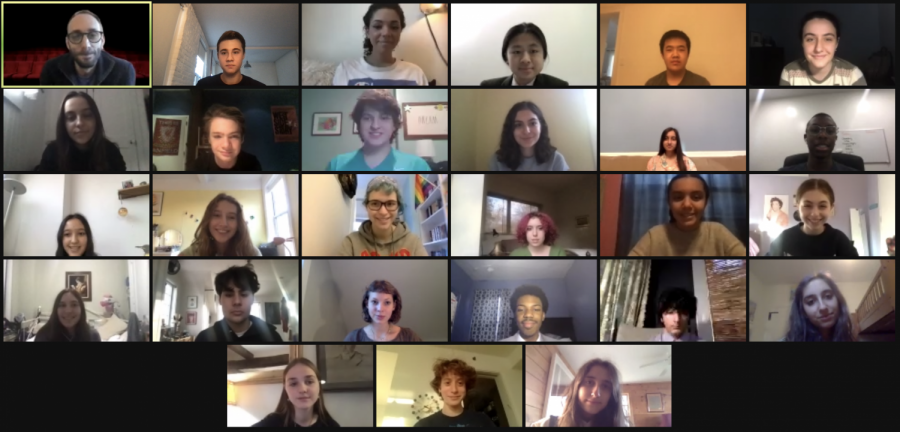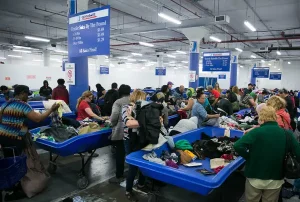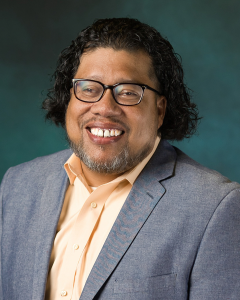Theater department puts on virtual Macbeth performance
January 18, 2021
In early December, the cast members of the Friends Seminary play put on a production of Shakespeare’s Macbeth while remaining almost entirely remote.
Director Steve Borowka remained unsure about what form the play would take at the beginning of the school year. He had initially planned to do a “Zoom reading” – where all the students would read their lines in a Zoom meeting – but after speaking to cast members and the production team, Borowka realized it might not be an ideal format. “We thought that that was just not very creative and it’s sort of hard to follow the story and it’s sort of boring and theater students love to act,” he said. “And there’s just not a lot of acting when you’re sort of just reading the script.”
Borowka conducted more research and discovered that the students could use greenscreens to simulate a set. However, he believes that the shift away from a Zoom reading took place largely once the cast was allowed to film on the Friends campus. “Once we knew that the school would allow us to film in the school building, that’s when we started to really figure out that it’s going to be a movie instead of a play,” he said. “[That] was about halfway through the process.”
Rather than an audience watching the play live in a theater this year, community members watched a prerecorded movie online. “People can watch it from the comfort of their own home, on their computers or their iPads. It’ll be online to stream for the whole weekend,” Borowka said. While the play itself was not live, audience members could participate in a Q&A session with cast members over Zoom on Friday and Saturday nights.
While the fall play Macbeth differed from typical theater productions, Borowka explained that there were many reasons why the switch to a prerecorded show occurred. “My goal is always to give the students the best theatrical experience possible,” he said. “That was the driving force.”
COVID guidelines made many of the typical social aspects of doing a play infeasible. Borowka attempted to navigate the reduced in-person time by taking advantage of filming at school so “there was at least a bit of a social component, even if it was the design team […] and not a ton of actors.”
Borowka added that hiring a film editor also helped him make the decision to shift to a pre-filmed play. “To have someone who was a professional filmmaker on board really made me feel comfortable doing this, this new form,” he said.
While pre-filming the play – instead of performing entirely over Zoom – allowed cast members to maintain some theatrical component, this new format posed some challenges. Borowka had to assume simultaneous roles of both director and tech director because students recorded their scenes individually over Zoom, with Borowka directing them. Each recording then had to be exported and saved, so he directed the acting while also ensuring that the actor was costumed and the set was lit correctly.
Borowka sent Zoom recordings to the film editor once they were recorded and exported. All the edited clips had to be exchanged via file-sharing sites. “And that just is a really slow process,” Borowka said. “It was just […] a lot of surprising technical issues that I didn’t realize we were going to have to deal with.”
Sizing actors was also a challenge, as costume designers were unable to measure students in-person. However, Borowka mentioned that one positive aspect of the pandemic was that he was able to hire two Broadway costume designers to work on the play. “Both of them had, you know, five or six Broadway show credits on their resume. Katrina had just worked on Frozen on Broadway,” he said. “So that was an exciting bonus that we got to work with people [who] would normally be working on Broadway.”
Boroka acknowledged that an in-person live performance is preferable to a pre-filmed play. Still, he found some silver linings. “I do think it challenged everyone’s creativity and we all sort of realized what we can do,” he said.
Despite reduced in-person time, Borowka thought that the play still maintained some of the social aspects. “I think there was still that bonding feeling of, let’s pull this together to put on a show, you know, let’s work together,” he said.
Borowka also thought the digital nature of the play gave students more room to voice their ideas. “They would bring […] modern music suggestions,” he said. “They know the technology way more than I do. So it was an interesting rehearsal scenario to be on equal playing ground as with everyone.”
Bryson Brunson ʼ21, who played Macduff, agreed that the play process this year became more collaborative. “It was like this new sort of creative energy that got brought to the production, […] solely for the reason that none of us not, not Steve, like no one, no one has ever been in this situation before,” Brunson said. “I’ve noticed that the cast got to bring a lot of really, really great ideas to the table. And we saw them start to be implemented.”
Despite challenges, cast members strived to stay connected. “We still try to be in group chats, calling each other just to say, ‘Hey, that looks really nice,’” Caleb Choe ʼ23, who played a sergeant, said. “You also had some whole cast rehearsals every once in a while just to make sure it was going well and those were some times where we got to see each other’s scenes, for example.”
Calvin Ware ʼ22, who played the lead role of Macbeth, said that collaboration directed the changes they made throughout their process. “As we continued to discuss, throughout the process, we realized that we could accomplish more and make it more of an experience if we did it all recorded and had it edited and you know, all these effects on it,” he said.
While the cast remained connected, Brunson noted that losing the social component of performance often made performing more difficult. “I feel like it was a little hard to, you know, sometimes connect with your scene partner just because you don’t have their physical energy to feed off of,” he said. “Sometimes you have to deliver lines or be in a really intense scene and you kind of just have to go off of the air or the direction that you’re looking at.”
Borowka hopes to apply some of the lessons he learned from the fall play as the spring musical approaches. He aims to improve upon lighting and sound, as actors were not supplied with microphones when they recorded scenes in this production. This caused some discrepancies in audio. “Sometimes your computer sound might be much different than mine,” Borowka said. When you watch the movie, some people are louder than others.”
Choe echoed Borowka’s concerns about audio quality, having experienced an instance where he lost the sound recording for a scene. “There was a problem where I went into the school, we got some great filming done, the videos were perfect, but we forgot to turn the audio on. So I actually had to lip sync over myself,” Choe said.
Borowka mentioned that a modern play may have been the better choice for a virtual play rather than a Shakespeare performance. “Shakespeare is really tough to do, period. And then Shakespeare is even harder to do virtually,” he said. “It’s hard for the audience sometimes to follow the story because, you know, it’s a heightened language and it’s not necessarily the way we normally speak.”
According to Brunson, the format of the play was still up in the air when he auditioned. “We didn’t know when it was going to look like honestly,” Brunson said. “After a bunch of meetings […] of how we want to put this on and like how we want to do it, we ultimately decided that the movie option was the best option.”
Abby Tusk ʼ24, who played a Lord, said that the virtual aspect of the play allowed the cast to explore with technology. “I don’t think that would have been done if it wasn’t online and I think […] it was really cool to see that and have a bunch of different ways to think about it,” she said.
Brunson thought that the lack of a physical stage enabled cast members to explore new ways of performing scenes. Brunson and his scene partner experimented with blocking over Zoom. “It was a really cool process because it got to teach us how to do angles and stuff like that,” he said. “We’d be on Zoom so we can hear each other to say the line. So we still had each other to play off of too, but at the same time as recording on our computers, which was really cool.”
Ware said that by the nature of the play being pre-filmed, cast members felt less pressure to memorize all of their lines. “There [were] things we could reshoot and edit and so […] it wasn’t so much pressure as there would be in a live performance,” he said.
Choe thought that this production of Macbeth relied more on the editing and less on the actors themselves, unlike previous years. “It’s not as much on the roles of the performers themselves, it’s actually a lot of editing. It’s mostly just us sending stuff in and waiting for the editing to be done,” he said.
Tusk found that the production of Macbeth differed from middle school productions she acted in previously. “I feel like it was definitely really different than what I’d experienced. I feel like it was going to be different anyways, but […] it was a kind of a change.”
Some students thought that it would have been beneficial to have entered the process with a more concrete plan. “That was something difficult […] you know, still figuring out what the scenes are going to look like as we film,” Ware said. “[Be]cause you don’t, you don’t really know if you’re supposed to do something differently based on how it’s going to look.” Likewise, Choe said, “I would have liked that there was a more complete story that they were trying to put out there. It was a bit weird where we didn’t necessarily know exactly what we were going to do in those first couple of days.”
Brunson wished that he had maintained a more positive outlook at the onset of the process. “I feel like I definitely would have gone into this process with a bit more enthusiasm because, you know, initially I was kind of like, ‘Oh boy, I don’t know what this is going to look like,’” he said. “And I was like, you know, excited to go to rehearsals and excited to try things out. But ultimately, yeah, I wish I had started off with that kind of happiness, you know, especially [be]cause it’s my last year.”
While the cast members could not rehearse together, they were still able to salvage some traditions. On senior Saturdays, senior cast members receive speeches from Steve Borowka and the junior cast. “Oh, it felt crazy,” Brunson said. “[Be]cause I just remember being a freshman and seeing that happen for the seniors from when we were freshmen.”
“It makes me a little sad, but you know, I’m excited for all the people […] who were in the play that are in the grades lower than us. I just […] was really taken aback by how dedicated they really were. And I know Friends is going to be all good when it comes to productions and stuff like that,” Brunson said.
Despite new challenges brought on by the pandemic, cast members expressed a sense of gratitude for their experience performing Macbeth.
“It was just really fun even though it’s definitely […] not what it would be. It was […] also a nice way to meet or even just know of older high schoolers and stuff,” Tusk said. “I definitely recommend being in the play to anybody, and to any of my fellow freshmen.”
Brunson said, “No one knew what the movie looked like until opening night on Friday. So we all just were kind of like, ‘Let’s hope for the best…let’s hope everything’s all good.’ And it really turned out great.”
Many high schools chose not to hold theater productions this year because of COVID restraints. “I’m really grateful that the school gave us the opportunity,” Borowka said. “We are really lucky to have the resources that we do have.”

